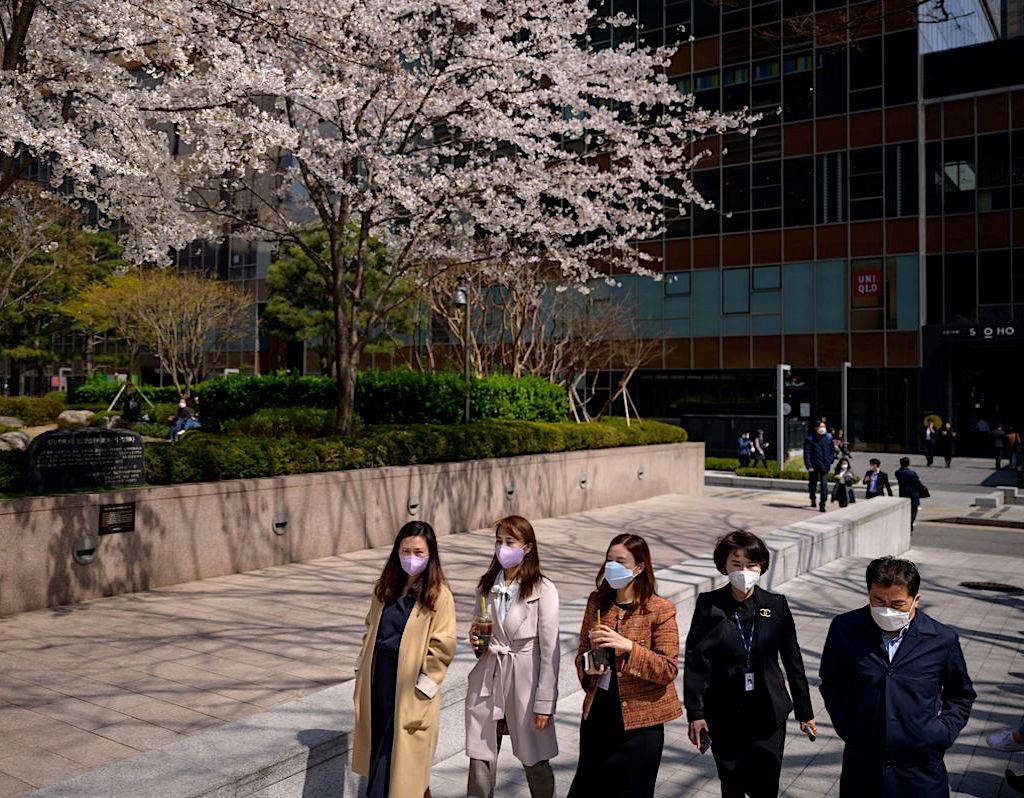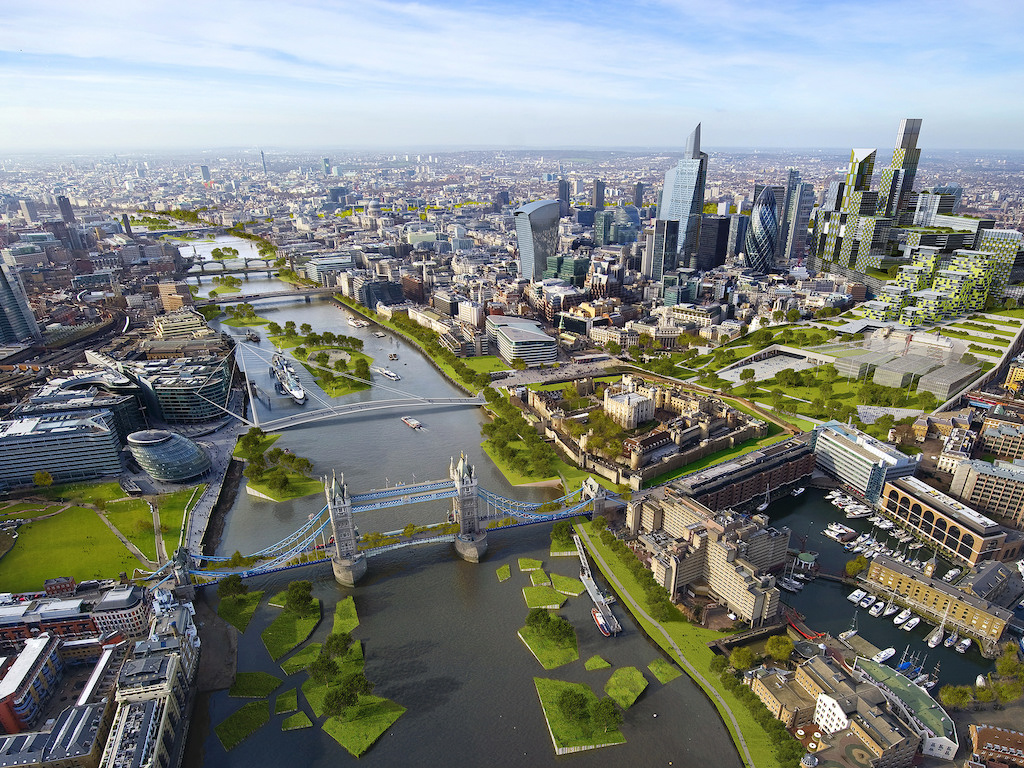4 Mins Read
In the biggest ever CEO-led climate advocacy effort backed by the United Nations, 155 multinational companies with a combined market capitalisation of over US$2.4 trillion have signed a joint statement urging world governments to align their recovery efforts with climate science. The companies are calling for policies that will build countries’ resilience against future shocks as a result of global heating by putting net-zero emissions at the centre of post-coronavirus rebuilding packages.
Together, the 155 companies signing the statement represent over US$2.4 trillion and 5 million employees all over the world, and are all a part of the Science Based Targets initiative, a campaign that mobilises companies to set climate-forward targets that will benefit business in the long term.
In the statement, the companies are calling for world leaders to rebuild from the pandemic with climate-resilient policies by supporting “bold climate action” to limit temperature rise to within 1.5 degrees Celsius above pre-industrial levels, in line with reaching net-zero emissions before 2050. The priority should be to shift towards a “green economy by aligning policies and recovery plans with the latest climate science”.
Among some of the largest multinational firms to sign the statement include Unilever, Adobe Inc., Carlsberg, H&M Group, Coca-Cola European Partners, Nestlé and Zurich Insurance Group. Signatories span over 30 sectors and are headquartered in 33 different countries globally.

As a part of the statement, firms will also launch their own climate-forward business initiatives. Fast fashion giant H&M Group, for instance, has set its sights on becoming “climate positive” by 2040 throughout its entire supply chain as a part of the “Recover Better” statement, from sourcing sustainably-grown materials to ensuring end-of-life product recycling and upcycling.
The statement comes as governments all over the world are beginning to prepare trillion-dollar stimulus packages and economic recovery plans as we begin to come out of the coronavirus pandemic. It also comes ahead of countries’ obligations to submit updated national carbon reduction plans under the Paris Agreement.
Putting climate action at the forefront of economic recovery will not only benefit the planet, but is in fact in the interests of all businesses to operate in a sustainable and stable world.
According to an Oxford University study, policy and spending that incorporates climate targets helps to significantly reduce companies’ vulnerability to external shocks and disasters, while creating better jobs for people, reducing overall emissions and ensuring clean air to improve public health.
“The coronavirus outbreak is a stark reminder of the fragility of our current economic system,” said Paul Simpson, CEO of global advocacy group CDP, which encourages widespread environmental impact disclosure.
Dr. Andrew Steer, the president and CEO of the World Resources Institute (WRI), said: “It is imperative that we not only restart the world economy – but also reset it. It would be a tragedy if after spending US$10-20 trillion of public money we simply rebuild the same unequal, vulnerable and high carbon economy we had before.”

Last week, mayors from major cities all over the world echoed similar sentiments. Published in a “statement of principles” under the global collaborative city network C40, representatives from Hong Kong, New York, London and over 30 other cities have agreed to put an end to business-as-usual, and place equality and climate resilience at the forefront of its recovery plan.
“Half-measures that maintain the status quo won’t move the needle or protect us from the next crisis,” said Bill de Blasio, the mayor of New York City. “We need a new deal for these times – a massive transformation that rebuilds lives, promotes equality and prevents the next economic, health or climate crisis.”
Some governments have already begun to prioritise sustainability in their coronavirus recovery plans. Amsterdam, for instance, has ditched traditional financial metrics for a new “doughnut” economic model, a system developed by British economist Kate Raworth that ensures environmental sustainability while keeping poverty at bay. In doing so, the Dutch capital will become the first city in the world to officially adopt the model.
Read our previous news coverage of Covid-19 here.
This post is published as a part of Green Queen’s partnership with the SDG Media Compact to raise awareness about the Sustainable Development Goals and share information from the World Health Organisation and the United Nations during the pandemic.
Lead image courtesy of EG Focus / Flickr (CC BY SA 2.0).




